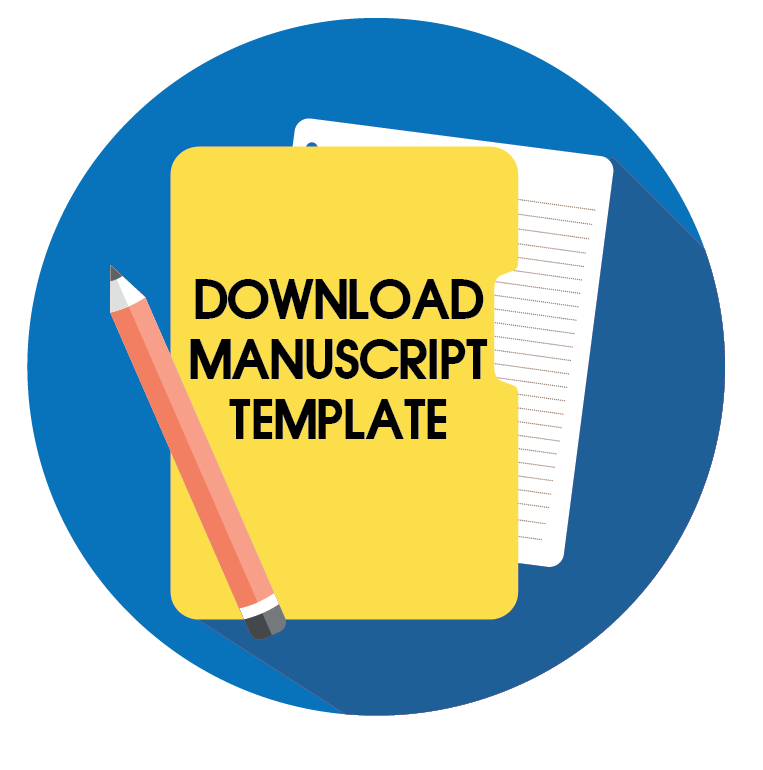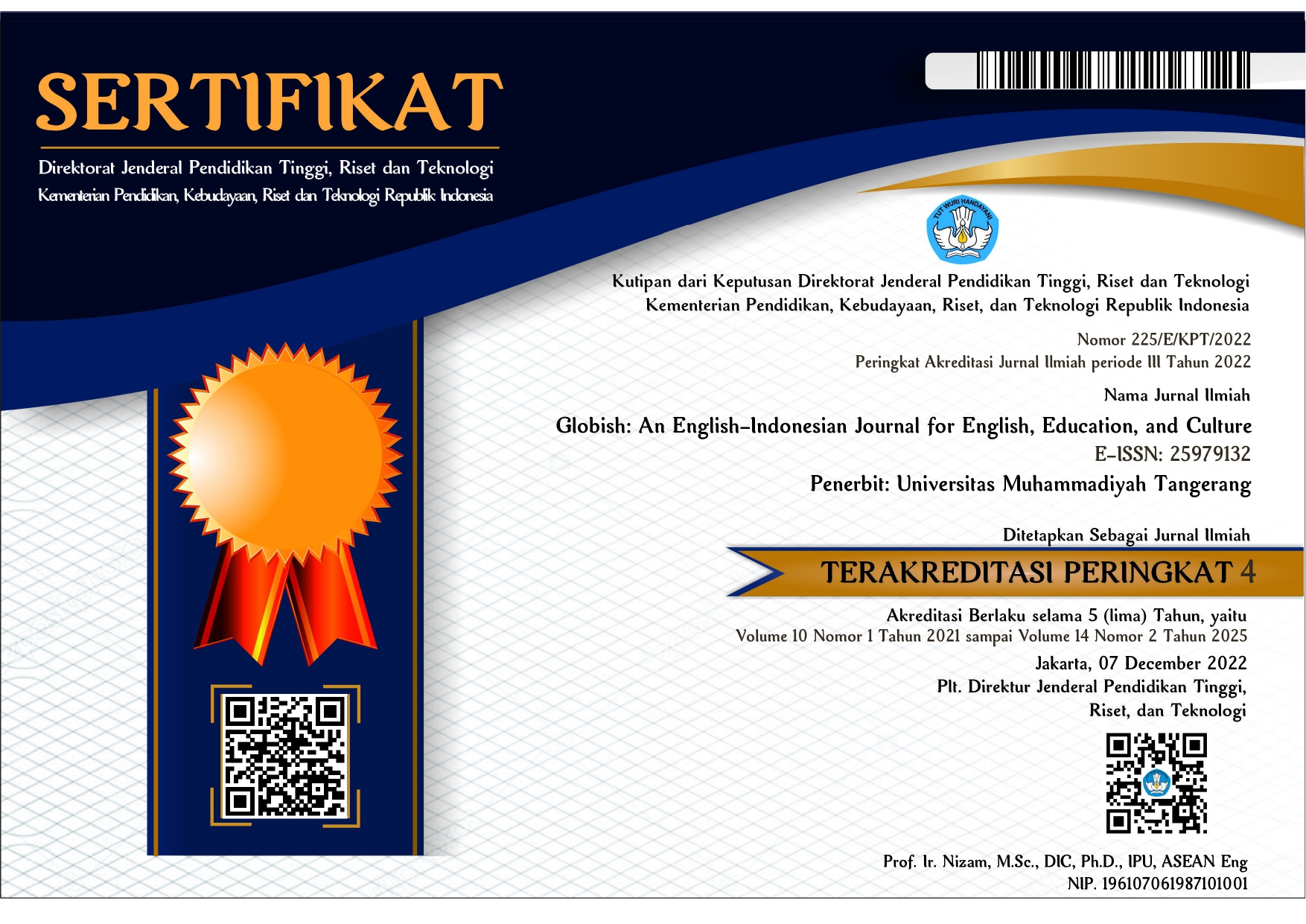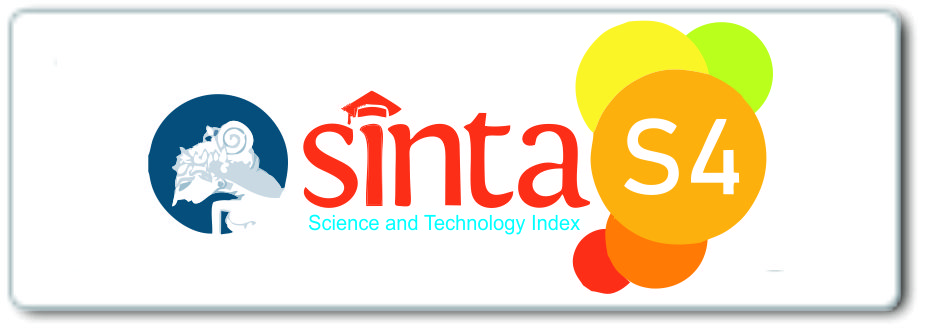Artificial Intelligence in English Language Teaching: A Study of English Teachers' TPACK
Abstract
The use of AI in language education has been widely discussed especially in identifying the teachers’ ability in utilizing AI in language teaching as well as how teachers perceive the utilization of AI are significant. To address these needs, the researchers used a TPACK survey instrument and semi-structured interview to assess 6 English teachers' ability to use AIEd at Islamic University of Ahmad Dahlan. Findings show that there are several challenges faced by the users of AIEd in English language courses such as (1) limited technological knowledge, (2) lack of training, (3) limited access to technological resources, (4) student skill levels, (5) policy and administrative constraints, as well as (6) curriculum changes and needs. Overall, the application of AIEd in language teaching in UIAD has the potential to significantly enhance learning outcomes for English learners by providing personalized, adaptive, and engaging learning experiences supported by data-driven insights and continuous improvement.
Keywords
References
Ayedoun, E., Hayashi, Y., & Seta, K. (2019). Adding communicative and affective strategies to an embodied conversational agent to enhance second language learners’ willingness to communicate. International Journal of Artificial Intelligence in Education, 29, 29–57.
Bryman, A. (2016). Social research methods. Oxford university press.
Calvo, R. A., O’Rourke, S. T., Jones, J., Yacef, K., & Reimann, P. (2010). Collaborative writing support tools on the cloud. IEEE Transactions on Learning Technologies, 4(1), 88–97.
Chai, C. S., Koh, J. H. L., Natarajan, U., Tsai, P. S., Ramli, M., & Widodo, A. (2017). Surveying Indonesian teachers’ design belief and TPACK for 21st century oriented learning. 25th International Conference on Computers in Education, ICCE 2017, 1001–1006.
Chassignol, M., Khoroshavin, A., Klimova, A., & Bilyatdinova, A. (2018). Artificial Intelligence trends in education: A narrative overview. Procedia Computer Science, 136, 16–24.
Chen, X., Zou, D., Xie, H., & Cheng, G. (2021). Twenty years of personalized language learning. Educational Technology & Society, 24(1), 205–222.
Chen, X., Zou, D., Xie, H., Cheng, G., & Liu, C. (2022). Two decades of artificial intelligence in education. Educational Technology & Society, 25(1), 28–47.
Gamper, J., & Knapp, J. (2002). A review of intelligent CALL systems. Computer Assisted Language Learning, 15(4), 329–342.
Hastungkara, D. P., & Triastuti, E. (2019). Application of e-learning and artificial intelligence in education systems in Indonesia. Anglo-Saxon: Journal of the English Language Education Study Program, 10(2), 117–133.
Huang, X., Zou, D., Cheng, G., Chen, X., & Xie, H. (2023). Trends, research issues and applications of artificial intelligence in language education. Educational Technology & Society, 26(1), 112–131.
Koh, J. H. L., Chai, C. S., & Natarajan, U. (2018). Developing Indonesia teachers’ technological pedagogical content knowledge for 21st century learning (TPACK-21CL) through a multi-prong approach. Journal of International Education and Business, 3(1), 11–33.
Lee, K., Kwon, O.-W., Kim, Y.-K., & Lee, Y. (2015). A hybrid approach for correcting grammatical errors. Critical CALL–Proceedings of the 2015 EUROCALL Conference, Padova, Italy, 362–367.
Mishra, P., & Koehler, M. J. (2006). Technological pedagogical content knowledge: A framework for teacher knowledge. Teachers College Record, 108(6), 1017–1054.
Pokrivcakova, S. (2019). Preparing teachers for the application of AI-powered technologies in foreign language education. Journal of Language and Cultural Education, 7(3), 135–153.
Priyahita, R. (2020). The utilization of e-learning and artificial intelligence in the development of education system in Indonesia. 2nd Jogjakarta Communication Conference (JCC 2020), 263–268.
Rusmiyanto, R., Huriati, N., Fitriani, N., Tyas, N. K., Rofi’i, A., & Sari, M. N. (2023). The role of artificial intelligence (AI) in developing English language learner’s communication skills. Journal on Education, 6(1), 750–757.
Song, P., & Wang, X. (2020). A bibliometric analysis of worldwide educational artificial intelligence research development in recent twenty years. Asia Pacific Education Review, 21(3), 473–486.
Surayya, S. A., & Asrobi, M. (2020). Tracing Technological Pedagogical Content Knowledge (TPACK) on Practical EFL Teachers in Writing Context. VELES (Voices of English Language Education Society), 4(2), 177–190.
Tyarakanita, A., Nurkamto, J., & Drajati, N. A. (2021). The Indonesian EFL teachers’ TPACK development in the online community of practice. Pedagogy: Journal of English Language Teaching, 9(2), 121–134.
Zhang, K., & Aslan, A. B. (2021). AI technologies for education: Recent research & future directions. Computers and Education: Artificial Intelligence, 2, 100025.
DOI: http://dx.doi.org/10.31000/globish.v13i2.11250
Article Metrics
Abstract - 3591 PDF - 370 PDF - 309Refbacks
- There are currently no refbacks.
Globish
Program Studi Pendidikan Bahasa Inggris
Fakultas Keguruan dan Ilmu Pendidikan
Universitas Muhammadiyah Tangerang
Jl. Perintis Kemerdekaan I/33, Cikokol
Kota Tangerang, Indonesia
e-mail: globish_journal@umt.ac.id
Globish (p-ISSN: 2301-9913 | e-ISSN: 2301-9913) is licensed under a Creative Commons Attribution-ShareAlike 4.0 International License.









